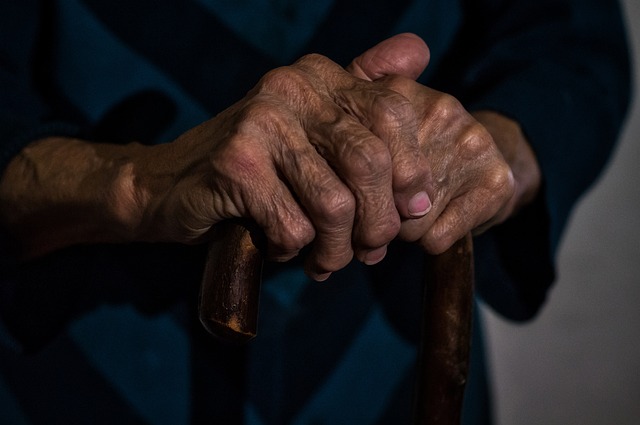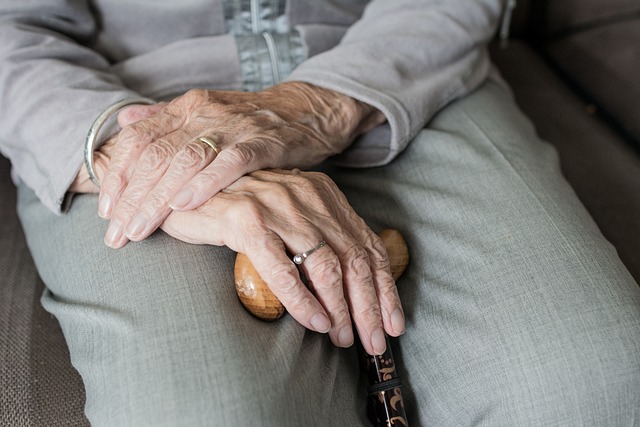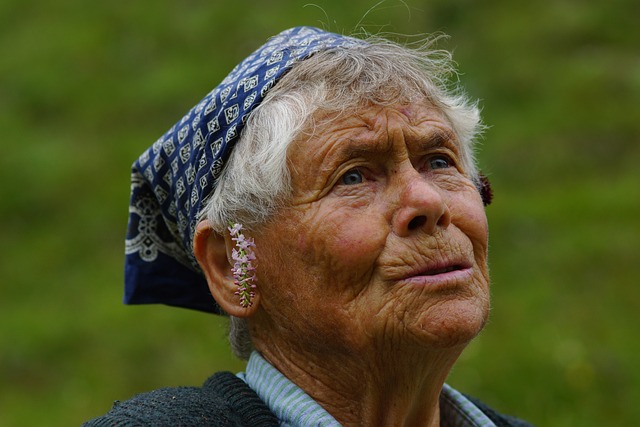Elderly Companion Services are vital for seniors experiencing isolation due to health issues, bereavement, or mobility challenges. These services offer personalized social interactions that cater to each individual's interests and abilities, enhancing mental and physical well-being by reducing the risk of depression and anxiety. Through activities like sharing memories and accompanying on outings, these programs provide consistent companionship that helps combat loneliness and improves the quality of life for the elderly. Families also benefit from the assurance that their elders are engaged in regular social interaction and supported in their daily lives. These services are increasingly recognized as a key response to addressing the needs of isolated seniors, offering targeted interventions that go beyond mere companionship to include personalized care respecting individual preferences and capabilities, fostering connections, belonging, and overall social fulfillment for older adults. They play a significant role in supporting the emotional and social well-being of seniors, allowing them to maintain cognitive health and meaningful relationships while promoting autonomy and an active lifestyle. Elderly Companion Services are adaptable, ensuring that personalized support remains accessible and contributing to the health and happiness of seniors.
As we age, social interaction often diminishes, leading to isolation that can negatively impact the physical and mental health of seniors. This article explores the transformative role of elderly companion services in addressing this challenge. By delving into the nuances of these services, we examine how they not only enhance social connections but also significantly contribute to the emotional well-being of isolated seniors. From traditional companionship models to innovative technological solutions, the article provides a comprehensive overview of the strategies and programs that are making a tangible difference in the lives of our aging population. Elderly companion services emerge as a vital support system, offering activities and engagement tailored to stimulate mental health while providing consistent, non-clinical companionship. Join us as we navigate the evolving landscape of companion services and explore how they are paving the way for personalized interaction plans that bridge the gap between seniors and the social fabric of their communities.
- Elderly Companion Services: Enhancing Social Connections for Isolated Seniors
- <a href="#—-the-role-of-companion-services-in-senior-living”> The Role of Companion Services in Senior Living
Elderly Companion Services: Enhancing Social Connections for Isolated Seniors

As seniors age, the risk of isolation significantly increases, often due to health challenges, the loss of loved ones, or reduced mobility. This isolation can have detrimental effects on their mental and physical well-being. Elderly Companion Services have emerged as a vital lifeline for many isolated seniors, providing companionship that goes beyond mere presence. These services are designed to foster meaningful social interactions tailored to each individual’s preferences and abilities. By pairing seniors with compassionate and screened companions, these programs offer consistent engagement that can range from sharing stories and reminiscing about past experiences to accompanying them on walks or outings, thus enriching their daily lives and promoting a sense of connection and belonging. The benefits are manifold, including improved mental health, better physical health outcomes, and a diminished risk of developing depression or anxiety. These services also offer peace of mind to the families of senior citizens, knowing that their loved ones have regular social interaction and support. Through personalized attention and shared activities, Elderly Companion Services play a pivotal role in enhancing social connections for isolated seniors, contributing positively to their overall quality of life.

The challenges faced by isolated seniors are increasingly becoming a focal point for communities and service providers around the globe. As the elderly population continues to grow, ensuring their social well-being is paramount. Elderly companion services emerge as a vital solution to combat loneliness and provide meaningful engagement for older adults. These services offer a range of benefits, from daily check-ins to companionship during activities and outings, thereby enriching the lives of seniors and promoting their mental and emotional health. The personalized care provided by these companions can also facilitate better communication with healthcare providers, leading to more effective management of chronic conditions. By offering tailored support that aligns with the individual’s preferences and abilities, elderly companion services help bridge the social gap, fostering a sense of connection and belonging in the golden years of life.
<section id="—-the-role-of-companion-services-in-senior-living”>
The Role of Companion Services in Senior Living

The role of companion services in senior living is increasingly becoming a vital aspect of maintaining the well-being and social engagement of isolated seniors. Elderly companion services are designed to provide companionship, emotional support, and assistance with daily tasks, which can significantly enhance the quality of life for older adults who may be experiencing loneliness or limited social interaction due to age-related mobility issues, health conditions, or the loss of a spouse or friends. These services not only offer a sense of security and comfort but also help in preserving cognitive function by encouraging mental stimulation through conversation and shared activities. By matching companions with similar interests and backgrounds, these programs foster meaningful relationships that can alleviate feelings of isolation and depression, contributing to the overall health and happiness of seniors.
Furthermore, elderly companion services are adaptable and can be tailored to meet the unique needs of each individual. They provide a flexible option for seniors who prefer to remain in their own homes or within a familiar community setting, rather than transitioning to assisted living facilities. These services ensure that social interaction remains a consistent part of a senior’s routine, promoting a more active and fulfilling lifestyle. Additionally, they offer peace of mind to family members and caregivers by providing regular check-ins and support, knowing that their loved ones are not only safe but also engaged in a socially enriching environment.
In conclusion, the importance of maintaining social connections for isolated seniors cannot be overstated. Elderly companion services play a pivotal role in enriching the lives of our elderly population by offering meaningful engagement and companionship. These services not only address the loneliness that can accompany aging but also contribute to the overall well-being of seniors, promoting mental health and potentially even extending their lifespan. As our society continues to evolve with technology at its forefront, the integration of these companion services into senior living environments promises to enhance the quality of life for many who might otherwise feel disconnected from their community. It is through such tailored, compassionate initiatives that we can bridge the social divide faced by our aging population, ensuring they live their later years with dignity, companionship, and a sense of belonging.




